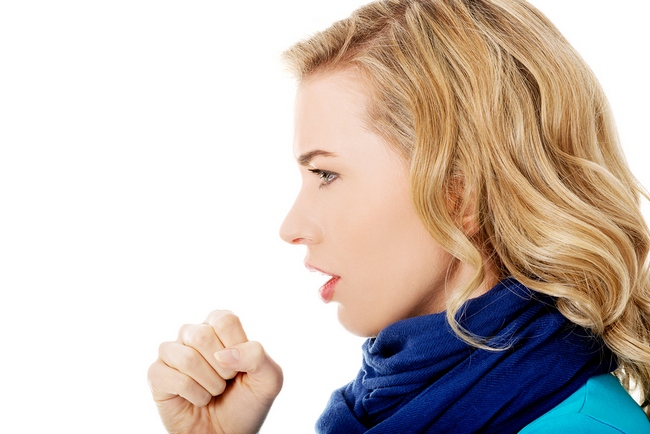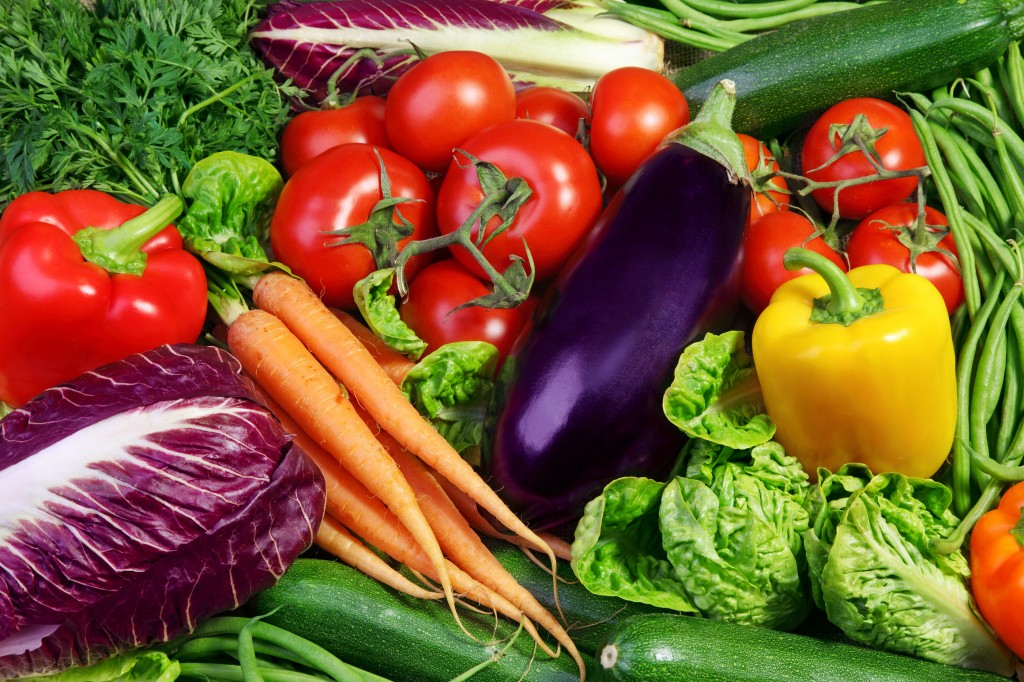- Make It Yourself Lavender Heart-Shaped Bath Bombs!
- 20 Things You Never Knew About “Down There”
- 12 Best Foods For Those Suffering From Arthritis Pain
- 12 Personal Hygiene Mistakes Almost Everyone Makes (Mom Never Told You About #4!)
- 15 Medicinal Plants And Herbs From The Cherokee People
- 12 Mind-Blowing Benefits Of Drinking Coconut Water During Pregnancy
- 12 Outstanding Winter Foods That Won’t Fatten You Up Like A Christmas Turkey
Top Foods That Cause Mucus Or Phlegm And Foods That Prevent It!

Photo credit: bigstock.com
Mucus. It can be our friend, but for most of us, it’s a foe. Mucus, sometimes called phlegm, is made by the body and in more places than just our nose — even though that’s the one we usually think about. The body makes mucus in the intestines, respiratory tract, the upper eyelids, the trachea and sinuses mainly as a defense mechanism.
Unfortunately, too much of it makes allergies, colds, and the flu much worse than they might be, making you feel miserable and causing disease to last longer than it should.
If you are suffering from too much mucus production, you might experience one or more of the following annoying symptoms:
-
- Foggy thinking
- Chronic or nagging cough
- Food seems to be tasteless
- Puffy or crusty eyes in the morning
- Bad breath that won’t go away
- Stuffy or runny nose for days
- You have or recently had a cold or flu
Continue to Page 2

Photo credit: bigstock.com
Thankfully, there are ways to help ease the irritation and reduce the amount of mucus the body makes. There are certain foods that are known to stimulate the production of mucus. When mucus changes from helpful to downright annoying, you can avoid the following foods to turn off the body’s mucus factory — or at least limit its hours of production!
Certain foods and beverages trigger excessive amounts of mucus in the body. The two worst offenders are dairy products and wheat. When you consider that the largest part of the typical American diet is made up of wheat and dairy (cereal and milk, yogurt as a snack, sandwiches with cheese for lunch, rolls for dinner and ice cream for dessert), it’s easy to see why many Americans have problems with excessive amounts of phlegm.
You could make a trip to the drug store for some nasal spray, but these tend to be addictive very quickly. They also won’t solve the problem with excess phlegm in the respiratory tract.
Get rid of excess phlegm naturally by simply avoiding certain foods until the problem is under control.
Avoid these foods when you have allergies, the flu, or a cold:
-
-
- Dairy Products
- Bananas
- Potatoes
- Corn
- Cabbage
- Wheat
- Coffee
- Tea
- Sodas (including diet sodas)
- Eggs
- Sugar
- Deep fried foods
- Soy and soy products like tofu
- Vegetable oils
- Jam or jelly
- Red meat
- Alcoholic drinks
-
That’s a pretty long list, but remember this is just until you get the phlegm problem under control.
Continue to Page 3

Photo credit: bigstock.com
We are also happy to tell you that there are plenty of foods that can help to relieve excess mucus and drain the sinuses as well as acting as an expectorant.
When phlegm is a problem, eat more of these foods:
-
-
- Onions
- Radishes
- Bamboo shoots
- All leafy greens
- Asparagus
- Cauliflower
- Celery
- Garlic
- Broccoli
- Turmeric
- Hot peppers
- Ginger
- Citrus fruits (lemons, limes, oranges, grapefruits, etc.)
- Berries
- Brussels Sprouts
- Pineapple
-
READ ALSO: 5 Natural Cough And Sore Throat Potions You Need This Winter
Traditional Chinese medicine recommends pumpkin seeds to help the body regulate the production of mucus. Once you have your mucus problem under control, try eating one ounce of pumpkin seeds each day to prevent a mucus production overload in the future.
References:
































